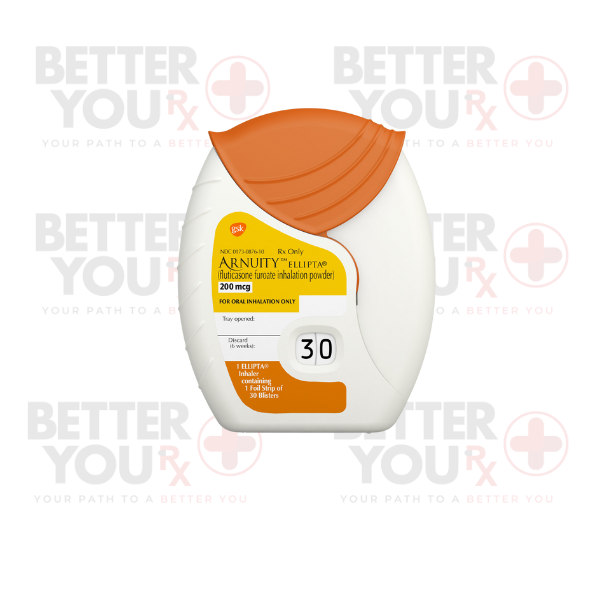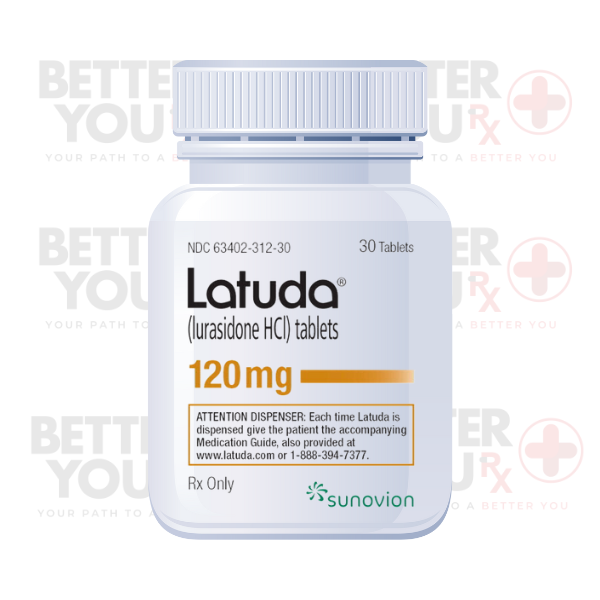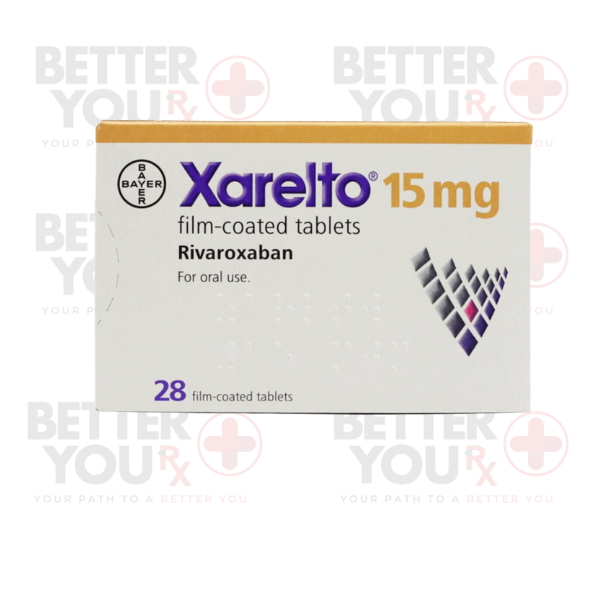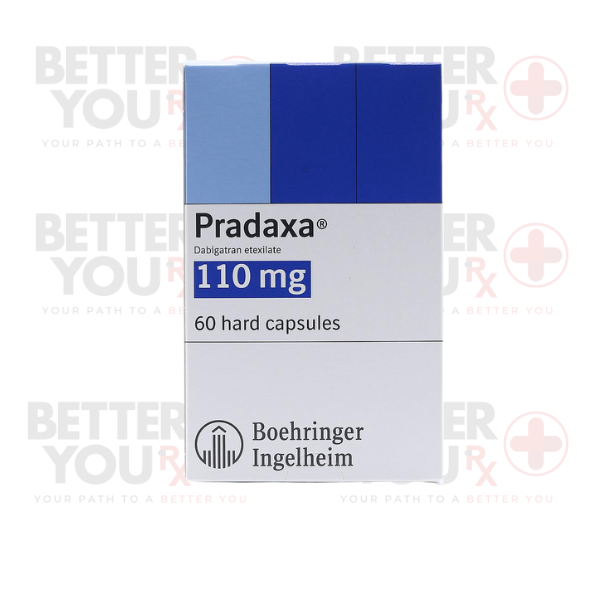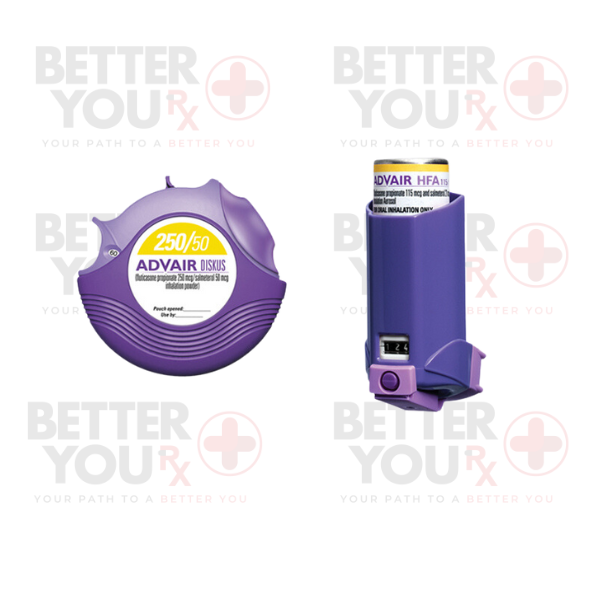| Uses of Desyrel |
Desyrel is indicated for the following conditions:
Major Depressive Disorder (MDD): It is effective in managing symptoms of depression, including persistent sadness, fatigue, and loss of interest in activities.
Insomnia: Due to its sedative properties, Desyrel is frequently prescribed off-label to help with sleep disturbances related to depression or anxiety.
Anxiety Disorders: While not officially approved for anxiety, many healthcare providers prescribe Desyrel to help alleviate anxiety symptoms in patients with depression.
|
| Benefits of Desyrel |
Patients may experience a range of benefits from using Desyrel, including:
Improved Mood: Desyrel works to balance serotonin levels in the brain, helping to alleviate feelings of sadness and hopelessness associated with depression.
Better Sleep Quality: The sedative effects of Desyrel can help patients fall asleep more easily and stay asleep throughout the night, addressing insomnia related to depression.
Reduced Anxiety Symptoms: For patients who experience anxiety alongside depression, Desyrel can help reduce feelings of anxiousness and tension.
Fewer Sexual Side Effects: Compared to other antidepressants, Desyrel is often associated with fewer sexual side effects, making it a favorable option for many patients.
|
| Side Effects of Desyrel |
While Desyrel can be effective, it is important to be aware of potential side effects. Common side effects include:
Drowsiness: Due to its sedative properties, drowsiness is common, especially during the first few days of treatment.
Dry Mouth: Some patients may experience dry mouth, which can be uncomfortable but is usually manageable.
Dizziness or Lightheadedness: These effects may occur, especially when standing up quickly.
Nausea: Some individuals may feel nauseated, particularly when starting the medication.
|
| Serious Side Effects |
Although serious side effects are uncommon, they can occur. Seek medical attention immediately if you experience:
Priapism: A rare but serious condition characterized by a prolonged and painful erection, which requires urgent medical attention.
Severe Allergic Reactions: Symptoms may include rash, itching, swelling, or difficulty breathing.
Mood Changes: Worsening depression or suicidal thoughts should be reported to your healthcare provider promptly.
|
| How to Use Desyrel |
To achieve the best results from Desyrel, follow these guidelines:
Dosage: Take Desyrel exactly as prescribed by your healthcare provider. The typical starting dose for adults is usually 150 mg per day, which may be adjusted based on individual response and tolerability.
Administration: Desyrel can be taken with or without food. It’s often taken at bedtime due to its sedative effects.
|
| How Desyrel Works |
Desyrel’s effectiveness stems from its active ingredient, trazodone, which primarily acts as a serotonin reuptake inhibitor. By inhibiting the reabsorption of serotonin in the brain, Desyrel helps to increase serotonin levels, which can significantly improve mood and alleviate depressive symptoms. Additionally, trazodone blocks certain serotonin receptors, contributing to its sedative effects and helping to promote better sleep.
|
| Safety Advice and Precautions |
Before starting Desyrel, consider the following safety advice:
Pregnancy and Breastfeeding: Discuss the use of Desyrel with your healthcare provider if you are pregnant, planning to become pregnant, or breastfeeding, as the effects on the fetus or infant are not fully understood.
Pre-existing Conditions: Inform your healthcare provider about any pre-existing conditions, particularly liver or kidney disease, heart problems, or a history of substance abuse.
Drug Interactions: Provide your healthcare provider with a list of all medications you are taking, including over-the-counter drugs and supplements, to prevent potential interactions. Avoid combining Desyrel with monoamine oxidase inhibitors (MAOIs) or other medications that increase serotonin levels.
|
| What if You Forget to Take Desyrel? |
If you forget to take a dose of Desyrel, take it as soon as you remember. If it’s close to the time for your next dose, skip the missed one. Do not double the dose to catch up.
|
| Overdosing |
In the case of an overdose, which may present with symptoms such as extreme drowsiness, confusion, or rapid heartbeat, seek immediate medical attention. Overdosing on Desyrel can be serious and requires prompt evaluation and treatment.
|
| How to Store Desyrel |
To maintain the efficacy and safety of Desyrel:
Storage Conditions: Store the medication at room temperature, away from moisture and heat. Protect it from light.
Child Safety: Keep Desyrel out of reach of children and pets to prevent accidental ingestion.
Expiration Date: Do not use the medication past its expiration date. Dispose of it properly following local guidelines for medication disposal.
|
| FAQs About Desyrel |
Q. How long does it take for Desyrel to work?
Many patients begin to notice improvements within 1 to 2 weeks, but full benefits may take several weeks to achieve.
Q. Can I drink alcohol while taking Desyrel?
It is generally advised to avoid alcohol while taking Desyrel, as it can increase sedation and impair judgment.
Q. Is Desyrel safe for long-term use?
Long-term use should be monitored by a healthcare provider, as individual responses can vary. Regular check-ins can help determine the ongoing need for medication.
Q. Can I stop taking Desyrel suddenly?
It’s important not to stop taking Desyrel abruptly without consulting your healthcare provider, as this can lead to withdrawal symptoms. Your doctor may recommend a gradual reduction in dosage.
|
| Variants |
100 mg 30 Tablets, 50 mg 30 Tablets
|



